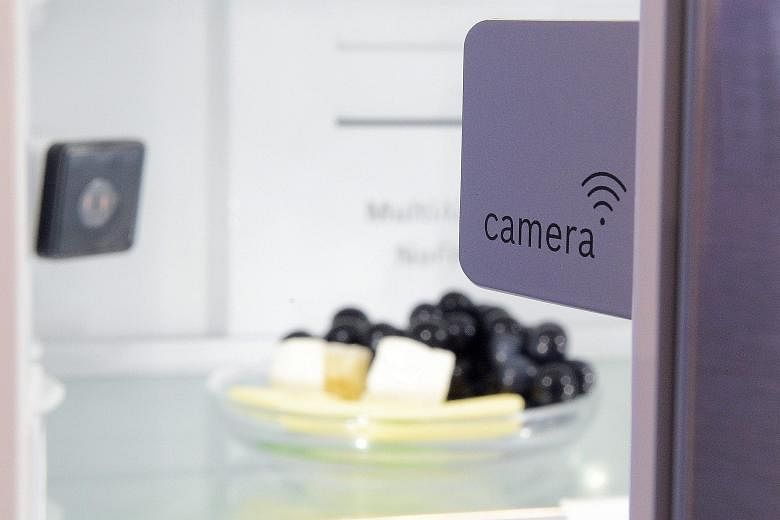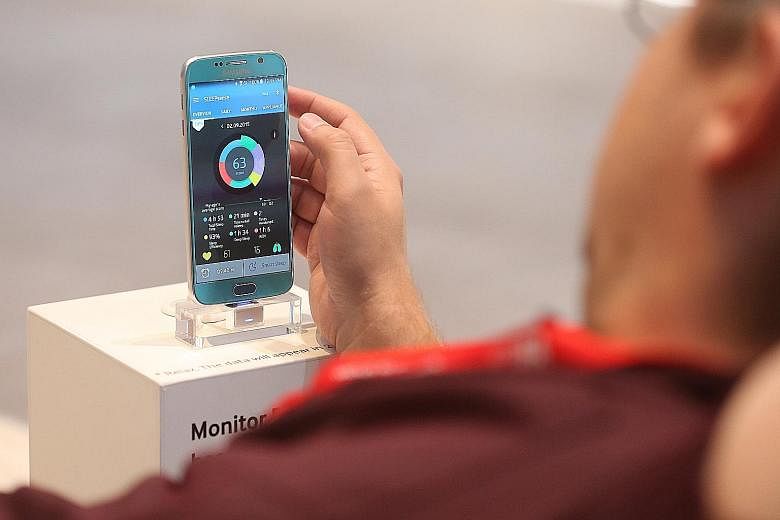BERLIN • Imagine the alarm clock ringing on a typical Monday morning except, this time, the curtains draw themselves back, the bathroom lights switch on automatically and you smell fresh coffee brewing in the coffee maker.
Or imagine an oven that turns itself on and starts warming up a lasagne when you are 15 minutes away from home, just in time for it to be dished out as you walk through the door.
For years, technology firms have touted the potential of a smart home, but it is only in the past two years that major players have begun investing heavily in development of this idea.
South Korean giant Samsung now believes that the day has come when a home is smart enough for household appliances to run themselves - all communicating with one another in the so-called Internet of Things (IOT).
At the IFA consumer electronics show in Berlin on Thursday, Samsung Electronics chief executive W. P. Hong said: "It is not a trend. It is at the heart of today's industrial revolution."
"By 2020, all devices made by Samsung will be IOT enabled," he went on to pledge.
The electronics giant, which makes large appliances, from washing machines and air-conditioners to handheld electronics, such as smartphones, launched on Thursday a line of new devices called Smart Things - including a small white box called a hub, which coordinates the appliances.
It also showcased a smartphone app that acts as a mission control for the appliances, as well as motion sensors and sockets which are complementary gadgets to add to the system.
Daily routines, like which appliances should do what in the morning or in the evening, can be programmed in the app, with the hub then acting as the coordinator in the home. Alternatively, the home owner can control specific appliances through a tap on the app.
Samsung also took pains to cite several companies that it is partnering with, including speaker specialist Bose and light bulb manufacturer Osram, so that their products also work with its hub.
The Smart Things system is basically the fruition of an acquisition of an eponymous start-up that Samsung had paid US$200 million (S$283 million) for last year.
It will compete with Apple's HomeKit, which was announced in June last year by the US giant. It controls appliances compatible with its products.
Meanwhile, Google paid US$3.2 billion to buy Nest Labs, which specialises in intelligent fire alarms and thermostats.
Other appliance makers will also be touting their smart home concept at this year's IFA show, which is open to the public for six days from yesterday .
AGENCE FRANCE PRESSE


